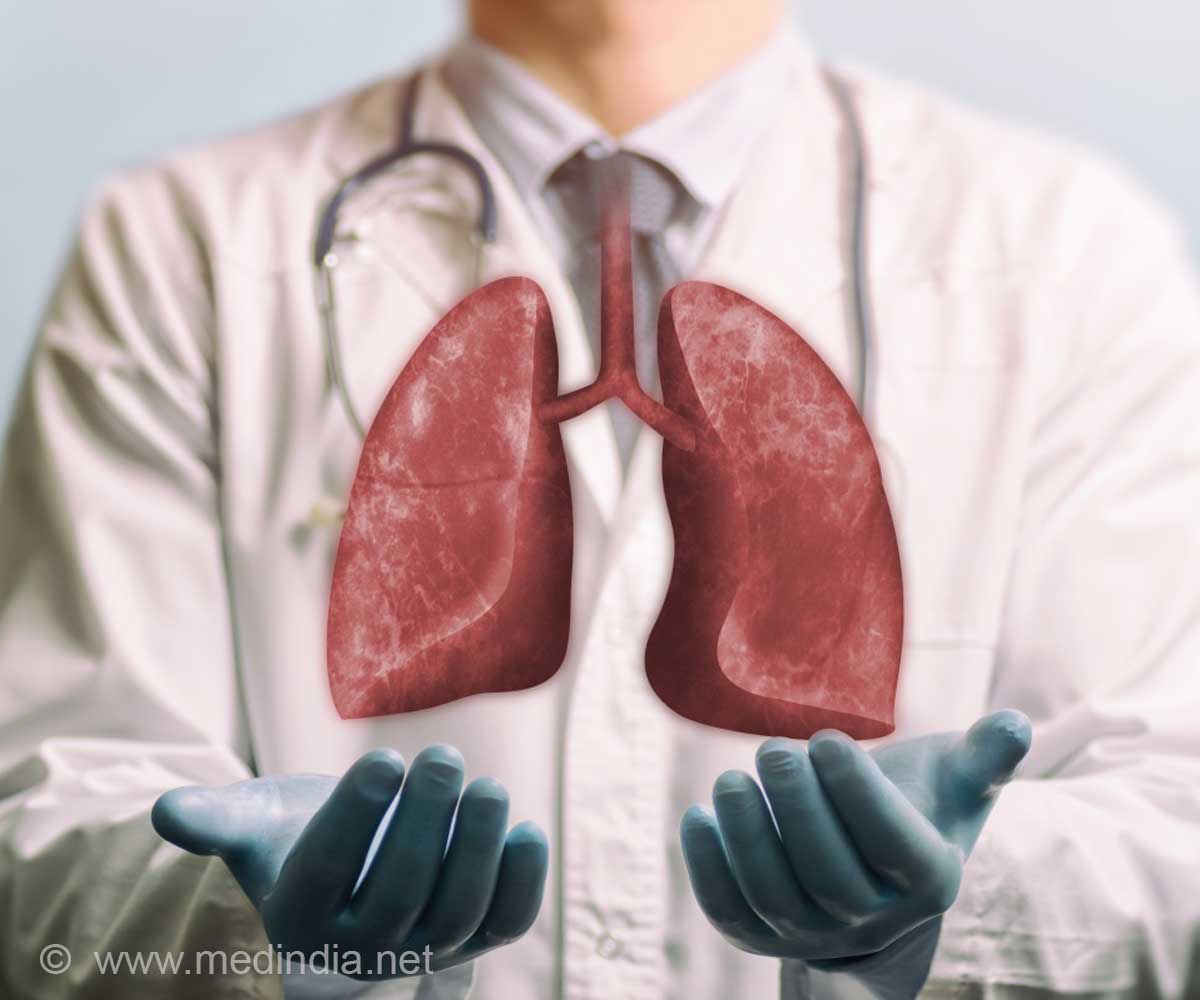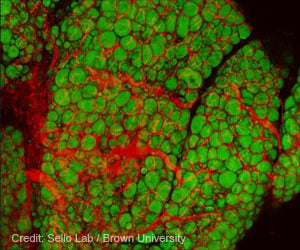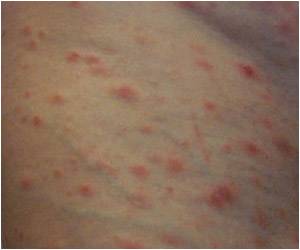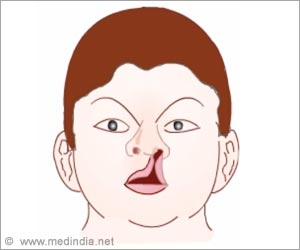A common faulty gene may increase lung collapse risk but not cancer.

FLCN: The causative gene for Birt-Hogg-Dubé syndrome
Go to source).
‘Did You Know?
1 in 3,000 people may carry a gene raising lung collapse risk by 28%! #genetics #medindia ’





1 in 3,000 people may carry a gene raising lung collapse risk by 28%! #genetics #medindia ’
Advertisement
Hidden Prevalence of a Risky Gene
One in 3,000 people may carry a faulty gene linked to Birt-Hogg-Dube syndrome, which increases their risk of a punctured lung. The gene, FLCN, is associated with symptoms such as benign skin tumors, lung cysts, and an increased risk of kidney cancer. The study found that between one in 2,710 and one in 4,190 individuals carry the specific variant of FLCN.Advertisement
Understanding Pneumothorax and Its Clues
Punctured lung, or pneumothorax, is a condition causing painful deflation and shortness of breath. It affects around one in 200 young men in their teens or early twenties. If the individual doesn't fit common characteristics, doctors may look for cysts in the lower lungs, indicating Birt-Hogg-Dubé syndrome, which may be present on an MRI scan.Genetic Mysteries and Future Implications
Professor Marciniak, a researcher at the University of Cambridge, has discovered that the risk of kidney cancer is significantly lower in carriers of the faulty FLCN gene who have not been diagnosed with Birt-Hogg-Dubé syndrome. The study suggests that there may be an additional genetic background interacting with the gene to cause the additional symptoms.Professor Marciniak believes that with increasing use ofgenetic testing, more people with these mutations will be found, but unless other signs are present, there is no reason to believe they will have the same elevated cancer risk.
Reference:
- FLCN: The causative gene for Birt-Hogg-Dubé syndrome - (https://pubmed.ncbi.nlm.nih.gov/28970150/ )
Source-University of Cambridge













